Most Surprising Oscar Upsets Of All Time

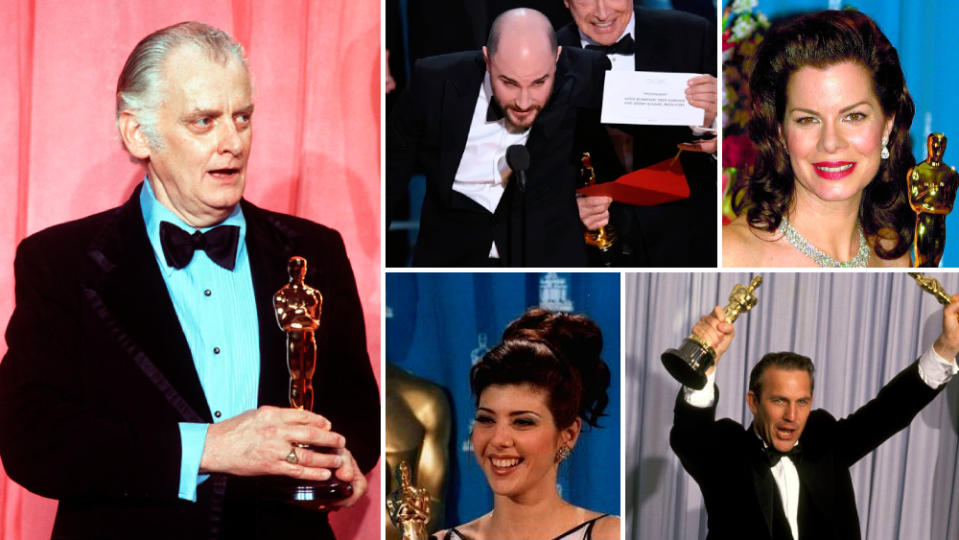
The Oscars have a long history of shocking surprises and jaw-dropping upsets.
More from Variety
The 96-year-old organization has seen its fair share of moments that put them in hot water, or have aged incredibly poorly. While some wins were anticipated by few, others left audiences and critics alike scratching their heads in disbelief. From “How Green Was My Valley” (1941) topping “Citizen Kane,” which many film historians consider to be the greatest film of all time, to the most recent “Parasite” (2019) managing to best the major guild sweeper “1917,” there are have been many surprising moments enshrined in history.
In honor of the Oscars, Variety ranks the 12 most shocking upsets in history.
The unpredictable twists and turns may seem fewer since the rise of Oscar punditry and prognostication. However, the Academy can still deliver something that truly makes your jaw drop.
Regardless if you love watching the Oscars or hate-watch the annual ceremony, it’s a cultural staple that even casual entertainment consumers know.
Nonetheless, this list is vast, and ever-changing. Read below.
Honorable mentions: “Green Book” wins best picture and original screenplay over “Roma” and “The Favourite” (2018); “Dances with Wolves” wins best picture over “Goodfellas” (1990); “Skyfall” and “Zero Dark Thirty” (2012) tie in sound.
12. Beatrice Straight Only Needs Five Minutes to ‘Network’
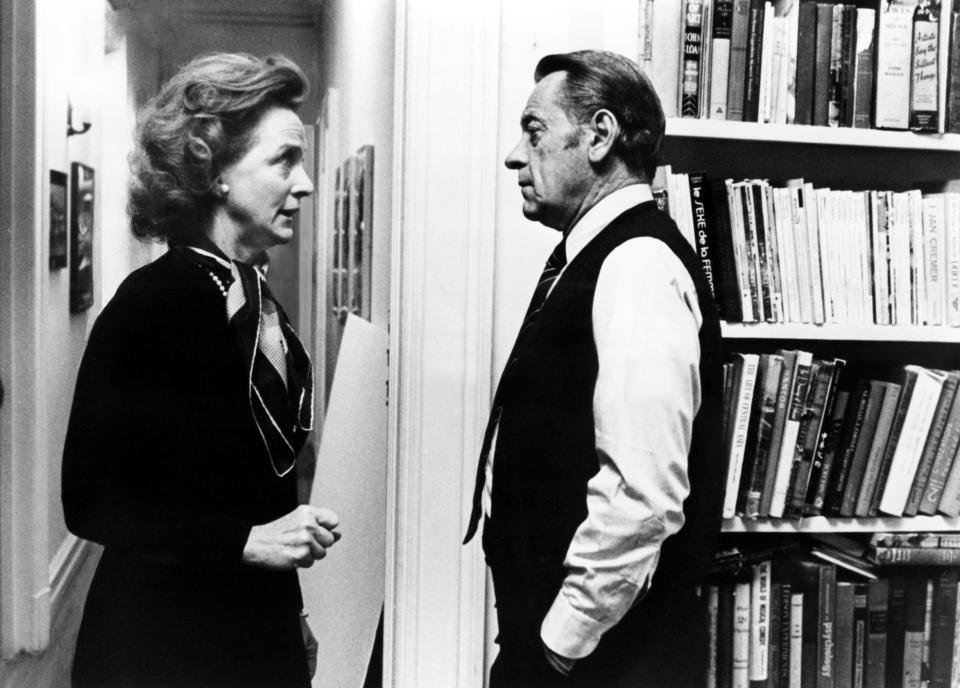
Beatrice Straight’s Oscar win for her notable role in “Network” stands as one of the most remarkable achievements in the history of the Academy Awards. In the 1976 film directed by Sidney Lumet, Straight portrayed Louise Schumacher, the wife of a network executive. What’s truly astonishing is that Straight delivered a powerhouse performance with only five minutes of screen time.
It’s worth noting that Straight’s win came against stiff competition from iconic performances such as Jodie Foster’s portrayal in the tense crime drama “Taxi Driver” and Piper Laurie’s role in the horror classic “Carrie.”
Straight’s victory, alongside the two acting triumphs for Peter Finch and Faye Dunaway in the actor and actress categories, solidified “Network” as one of three movies to secure three acting prizes. Despite its success in the acting races, the film famously lost the best picture award to the sports drama “Rocky.”
11. Adrien Brody Defeats Four Previous Winners
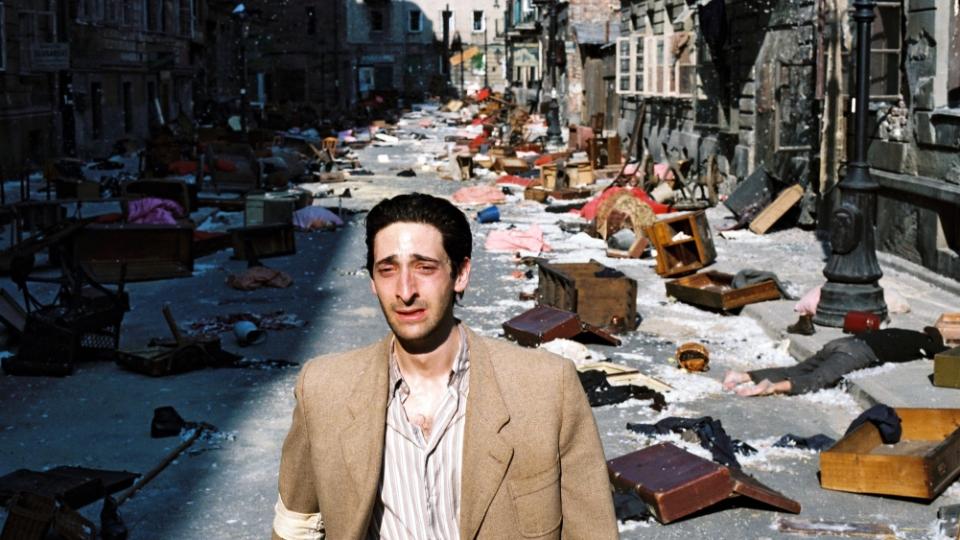
Adrien Brody’s best actor triumph over previous Oscar winners: Jack Nicholson (“About Schmidt”), Michael Caine (“The Quiet American”), Nicolas Cage (“Adaptation”) and the heavily favored Daniel Day-Lewis (“Gangs of New York”) stunned audiences. He became (and as of 2024 is still) the youngest actor to win at 29. “The Pianist” also shocked on the night with wins for director Roman Polanski (over Rob Marshall and Martin Scorsese) and adapted screenplay (over “The Hours” and “Adaptation”).
10. ‘The English Patient’ Picks Up Juliette Binoche, but Loses Screenplay to ‘Sling Blade’
Veteran actor Lauren Bacall was poised for a triumph in the supporting actress category for her role in the romantic comedy “The Mirror Has Two Faces.” On a night akin to this year’s Oscars with “Oppenheimer,” anticipation was high for Anthony Minghella’s sweeping drama “The English Patient” to dominate the awards. However, the evening took an unexpected turn.
In a surprising twist, “The English Patient” traded one of its anticipated victories for Juliette Binoche’s supporting role, and even more astonishingly, lost the adapted screenplay award to Billy Bob Thornton’s “Sling Blade,” a film that wasn’t even nominated for best picture.
9. Marcia Gay Harden Doesn’t Need Precursors to Win for ‘Pollock’
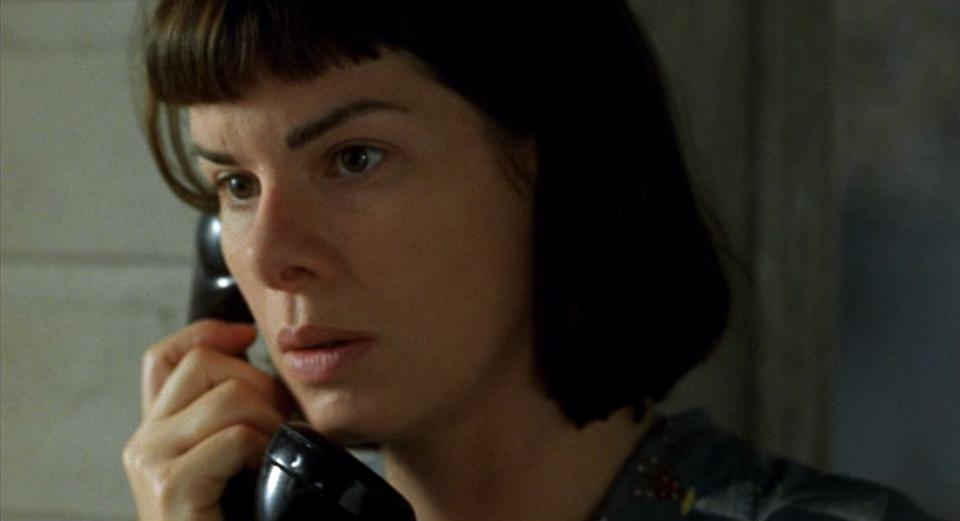
In the history of televised major awards ceremonies – including the Golden Globes, BAFTA, SAG, and Critics Choice – there exists a singular anomaly: Marcia Gay Harden’s win for her portrayal of artist Lee Krasner in Ed Harris’ directorial debut, “Pollock” (2000), stands as the sole instance of an actor clinching an Oscar without prior recognition from any of these groups.
Harden’s nomination itself was a surprising feat, as she surpassed formidable contenders such as Ziyi Zhang (“Crouching Tiger, Hidden Dragon”), Catherine Zeta-Jones (“Traffic”), and Kate Winslet (“Quills”). Many anticipated that Kate Hudson’s endearing turn as groupi Penny Lane in “Almost Famous” or perhaps a consecutive Oscar victory for Judi Dench in “Chocolat” would secure a nomination. Yet, it was Harden who emerged as the unexpected nominee.
When presenter Nicolas Cage announced her win, it not only marked a remarkable achievement for Harden but also sparked speculation that Harris, nominated for best actor for his portrayal of Jackson Pollock, might follow suit. However, such hopes were ultimately dashed.
8. Marisa Tomei’s Hilarious Work in ‘My Cousin Vinny’ Triumphs
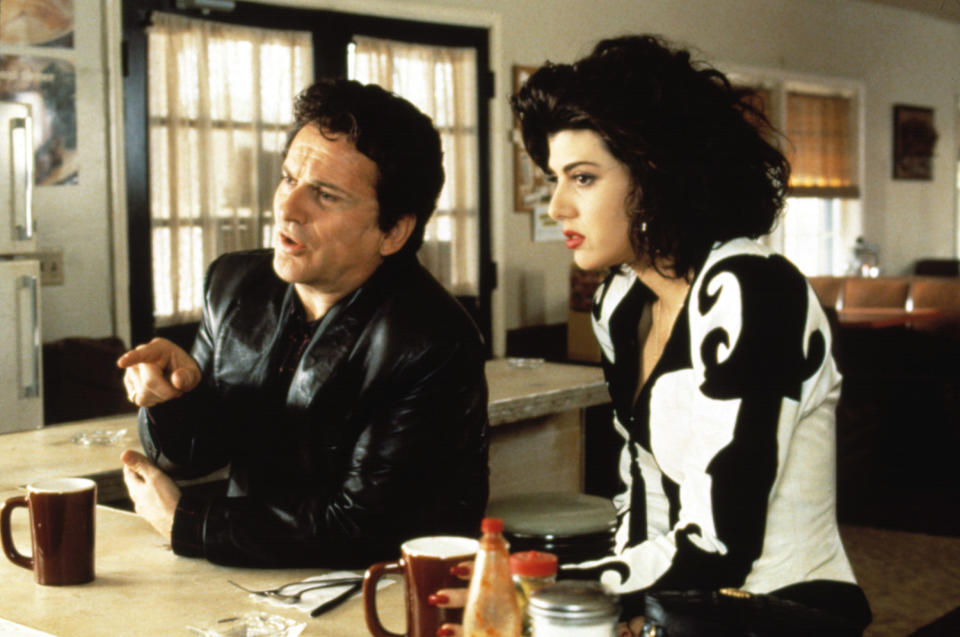
Once upon a time, the Academy did the absoluate coolest thing they’ve conjured, and that was given an Oscar to Marisa Tomei’s comedic brilliance in “My Cousin Vinny.”
Tomei’s performance in a relatively light-hearted film beat out veterans like Judy Davis from “Husbands and Wives” and Vanessa Redgrave from “Howards End.” The shocker led to decades-long speculation about a voting error or presenter Jack Palance reading the wrong name. All have been debunked.
7. ‘Driving Miss Daisy’ Runs Over Four Dramas
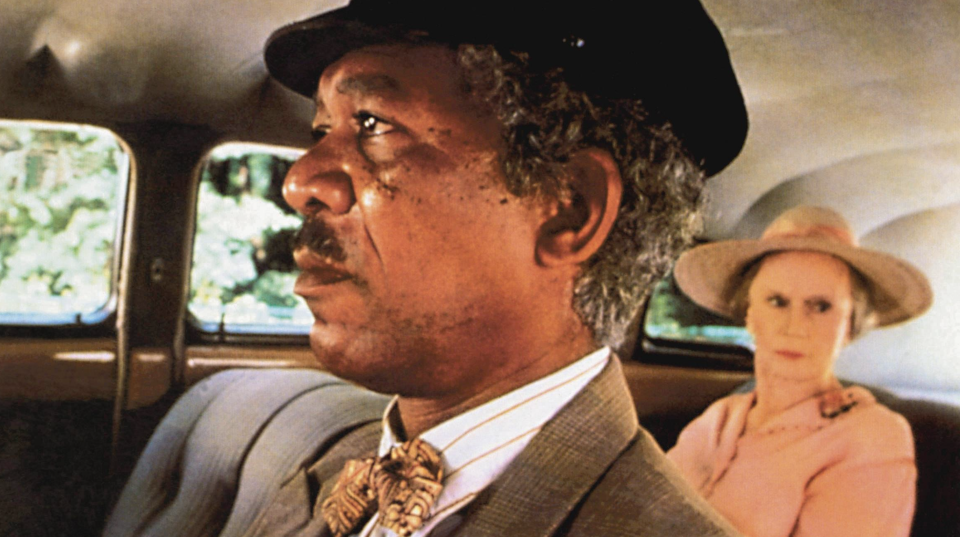
Picture this: a comedy film snubbed in the best director category, yet it claims the coveted best picture award over a slate of formidable contenders, including a Vietnam War drama, a coming-of-age period story, a feel-good sports flick, and a biopic based on an acclaimed memoir. Such was the case with Bruce Beresford’s “Driving Miss Daisy” (1989), a seemingly simplistic tale chronicling a woman’s journey being chauffeured over a 25-year span.
Despite its unassuming premise, “Driving Miss Daisy” defied expectations, securing not only the prestigious best picture accolade but also earning three additional wins, including a best actress trophy for Jessica Tandy. Notably, it remains the most recent PG-rated movie to claim the top honor at the Oscars.
6. Art Carney Takes Out the Second Godfather
At the 47th Academy Awards in 1975, Art Carney took home the Best Actor trophy for his performance in “Harry and Tonto,” a touching road movie where he portrayed an elderly man embarking on a journey with his cat.
Carney bested heavyweights like Al Pacino, who delivered a powerhouse performance as Michael Corleone in “The Godfather Part II.” Pacino’s portrayal of the conflicted mob heir was widely praised, and many expected him to clinch the award.
5. Olivia Colman Becomes ‘The Favourite’ Over Glenn Close
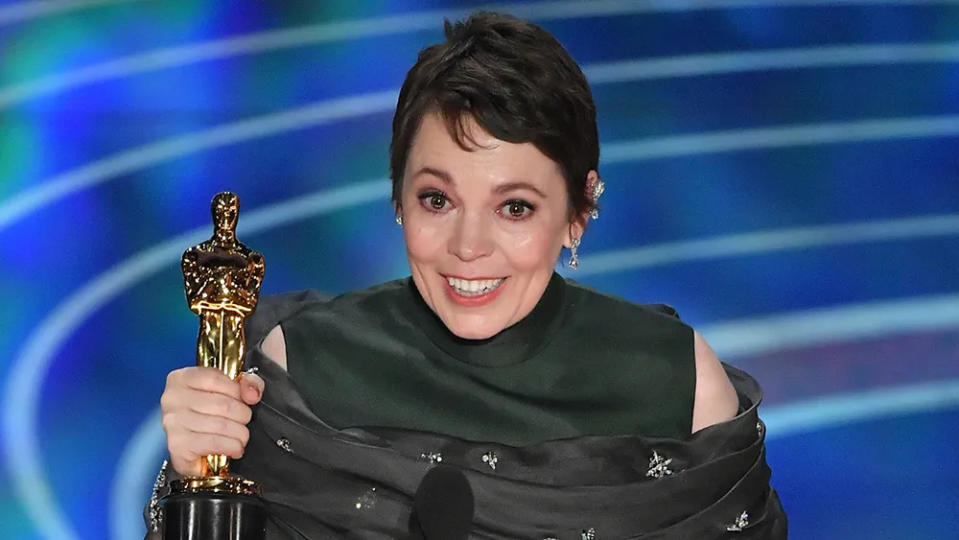
Olivia Colman’s triumph over frontrunner Glenn Close (“The Wife”) at the Oscars was a delightful surprise for many, although numerous industry insiders had anticipated that the six-time nominated veteran actress would finally secure her long-awaited trophy. Despite Colman’s wins at the Golden Globes and BAFTA, some pundits remained skeptical. Nevertheless, Colman’s heartfelt and eccentric portrayal of Queen Anne in Yorgos Lanthimos’ dark comedy “The Favourite” captivated both voters and audiences.
What makes Colman’s win even more remarkable is that “The Favourite” lost out on all nine of its other noms, with many presuming that accolades for production design and costumes, at the very least, would be within reach.
4. ‘How Green Was My Valley’ Beats Greatest Film of All Time
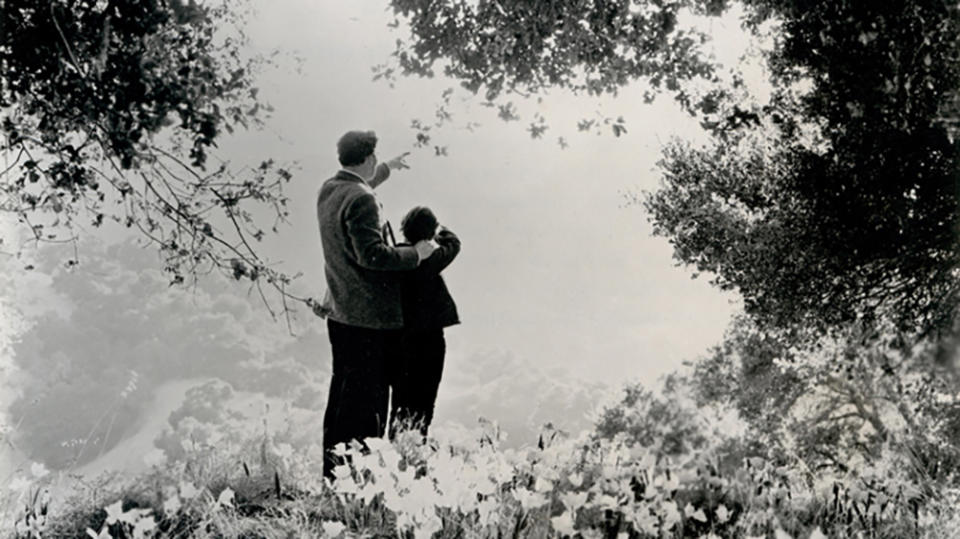
Orson Welles’ “Citizen Kane” is considered by many to be the greatest film of all time, and yet, it’s not a best picture winner.
“How Green Was My Valley,” a poignant family drama set in a Welsh mining community, captivated audiences with its emotional storytelling and stellar performances. Directed by John Ford, the film struck a chord with viewers, resonating deeply with its themes of tradition, sacrifice, and resilience, coming months after the bombing of Pearl Harbor.
Regardless of the differing opinions, the outcome of the 1942 Oscars serves as a reminder of the enduring legacy of an iconic film, no matter if the Academy picks it or not.
3. ‘Shakespeare’ Wins War Against ‘Ryan’
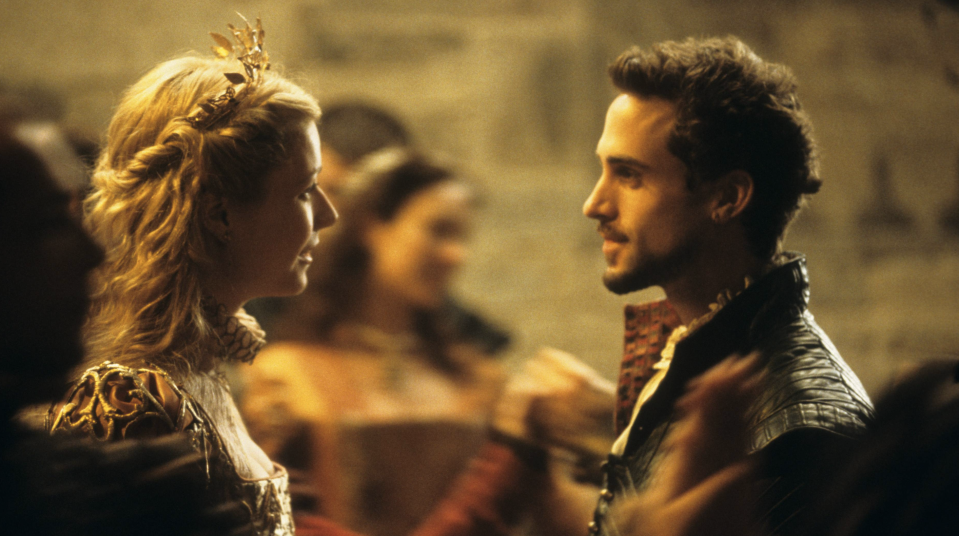
Many expected Steven Spielberg’s epic war drama “Saving Private Ryan,” with an all-star cast led by Tom Hanks, to take home the top prize. Coming Spielberg’s second directing trophy, it all seemed preordained. However, the romantic dramedy “Shakespeare in Love” from John Madden pulled off a major upset that brought along a shocking win for Judi Dench for only eight minutes of screen time over presumed favorite Lynn Redgrave in “Gods and Monsters.”
2. ‘Moonlight’ Wins Two Minutes and 23 Seconds After ‘La La Land’ Did
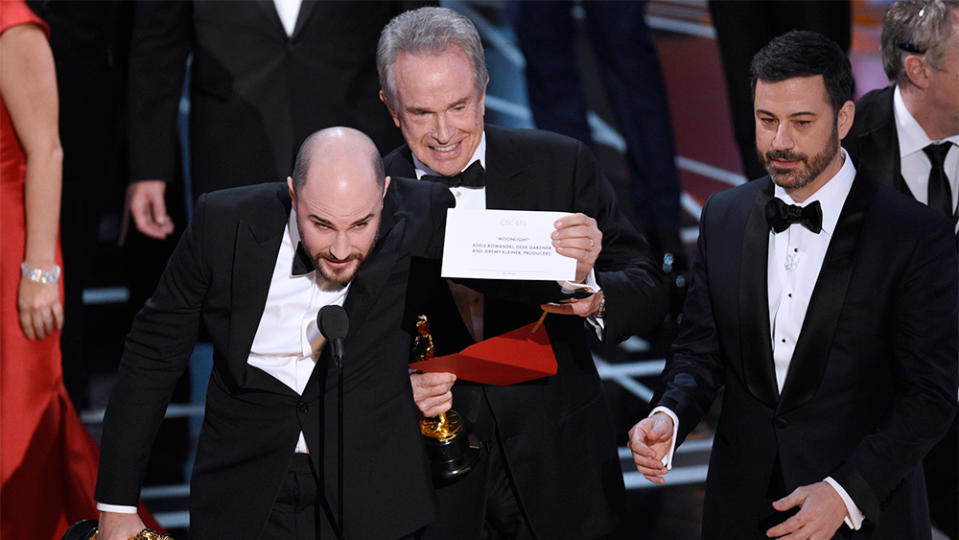
In 2017, the Oscars stage witnessed a memorable reunion as “Bonnie and Clyde” stars Warren Beatty and Faye Dunaway came together to present the award for Best Picture. The prevailing expectation was that Damien Chazelle’s enchanting musical “La La Land” would claim the prize, particularly following its earlier wins for directing and actress for Emma Stone.
However, what unfolded was an unexpected twist. Amid what Dunaway described as “a dramatic pause,” she hastily announced “La La Land” as the winner after glimpsing the card, unaware that it was actually the envelope for Best Actress. The ensuing confusion was swiftly resolved, with “La La Land” producer Jordan Horowitz revealing the correct card, confirming that Barry Jenkins’ poignant coming-of-age LGBTQ drama “Moonlight” had, in fact, triumphed over the presumed frontrunner.
Beyond the envelope mix-up, discussions surrounding the win have delved into its broader implications, particularly in relation to the political climate following the 2016 presidential election of Donald J. Trump. Some pundits and enthusiasts speculate that had Hillary Clinton been President on Feb. 26, 2017, Chazelle’s ode to the “fools who dream” might have clinched the victory. Conversely, Jenkins’ profoundly moving portrayal offered a stark contrast, echoing the sentiments of many who sought refuge in narratives of inclusivity and resilience.
1. ‘Crash’ Drives Over ‘Brokeback Mountain’
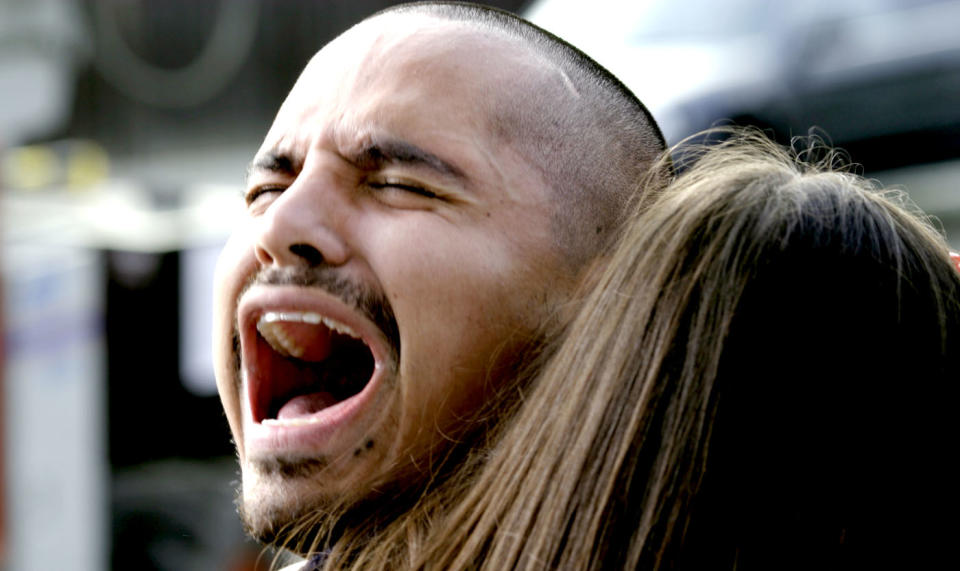
In the realm of LGBTQ cinema, “Brokeback Mountain” blazed a trail, paving the way for Barry Jenkins’ “Moonlight” to eventually make its mark.
The sting of Ang Lee’s poignant cowboy love story’s significant loss in the best picture category is still palpable nearly two decades later. Beyond its unexpected defeat, the outcome underscored the enduring biases held by many conservative members of the Academy, who openly expressed reluctance to vote for Focus Features’ groundbreaking drama due to its thematic elements.
Best of Variety


